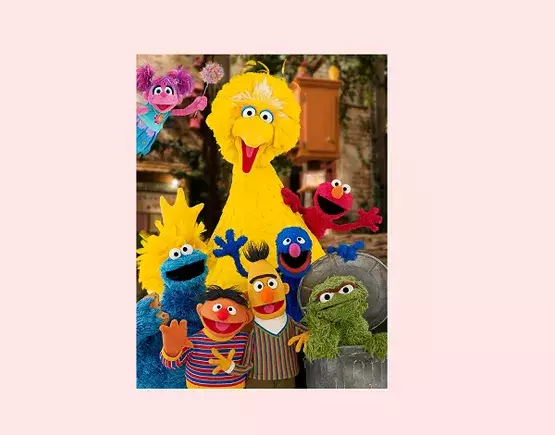The recent agreement between YouTube and Sesame Workshop marks more than just a strategic partnership; it signifies a profound transformation in how children’s content is curated and consumed in the digital age. While the deal promises increased access and engagement, it also opens the floodgates for corporate dominance in early childhood education and entertainment. The move elevates YouTube from a mere platform to a gatekeeper, controlling one of the most treasured cultural staples—Sesame Street—further consolidating the sprawling digital ecosystem into a single, commercially-driven entity. This raises uncomfortable questions about the commodification of childhood and the subtle erosion of traditional educational values rooted in public broadcasting.
The Hidden Cost of Monetizing Childhood Memories
Sesame Street has long been celebrated for its educational integrity, built on principles of public service and developmental appropriateness. The transition into YouTube’s domain threatens to distort this foundation. As the platform’s primary goal shifts towards maximizing viewer metrics, the educational purity of Sesame Street risks being compromised by algorithm-driven promotion and monetization strategies. The diversity of content will be tailored not just for children’s learning but also for capturing attention spans—an inevitable consequence of algorithmic preferences that favor sensationalism over substance. This monetization model leads to a culture where children are increasingly exposed to optimized, commercially influenced content—a worrying trend that could undermine long-standing pedagogical standards.
Corporatization of a Cultural Icon
Sesame Street’s legendary status stemmed from its independence and commitment to social values, often challenging societal norms through thoughtful storytelling. However, the move into the YouTube ecosystem signifies a troubling shift: the commercialization of a cultural treasure. Once the content is integrated into a giant corporate framework, its creative agency diminishes. The focus turns toward clickability, engagement metrics, and advertising revenue rather than fostering critical thinking or nurturing genuine curiosity. Such corporatization risks diluting Sesame Street’s original mission—educating and inspiring—replacing it with a data-driven, profit-centered approach that serves shareholders more than young viewers’ developmental needs.
The Illusion of Educational Collaboration
Although YouTube touts the partnership as an opportunity for “best practices” in creating educational content, it also reveals a troubling ambivalence. The incorporation of Sesame Street into the digital giant’s ecosystem allows for the collection of detailed viewer data and targeted advertising—tools that can be used to influence young minds long before they reach school age. The collaborative projects with other creators might enhance content variety, but at what cost? The platform’s algorithmic favoritism might skew content priorities, favoring sensationalism or viral potential over genuine educational value. This dynamic undermines the hope of maintaining Sesame Street’s integrity in the age of corporate digital dominance.
What Does This Mean for the Future of Children’s Media?
The evolution of Sesame Street onto YouTube is emblematic of a broader, more troubling trend: the erosion of public and independent media in favor of corporate-controlled digital content. As streaming giants continue to overshadow traditional broadcasters, the oversight and editorial standards that once safeguarded children’s media are increasingly sidelined. This shift is not merely about content access but about the very essence of cultural and educational guardianship. The question arises: are we trading away a generation’s developmental health for the sake of profitability and platform prevalence? Given the trajectory, it appears that early childhood education is becoming an increasingly lucrative niche within the tech giant’s empire, arguably at the expense of genuine pedagogical integrity.









Leave a Reply